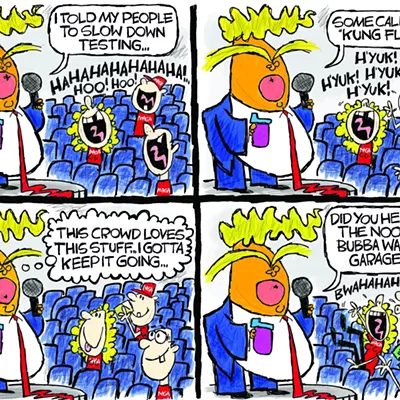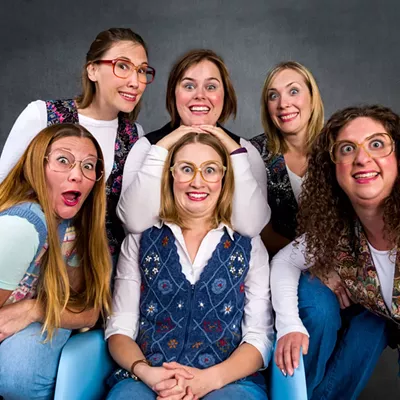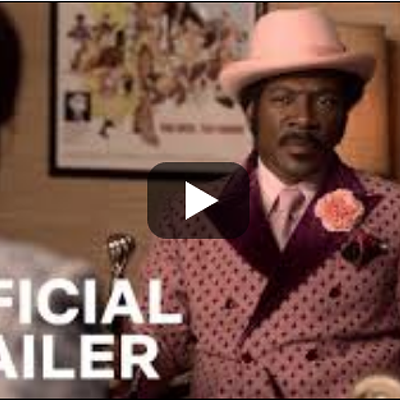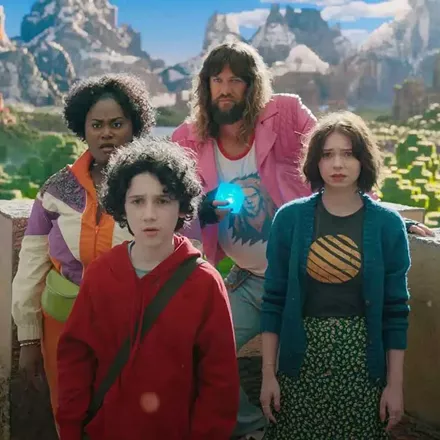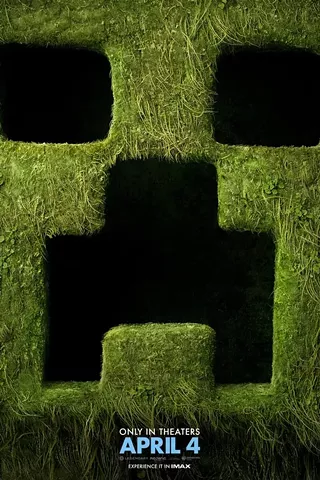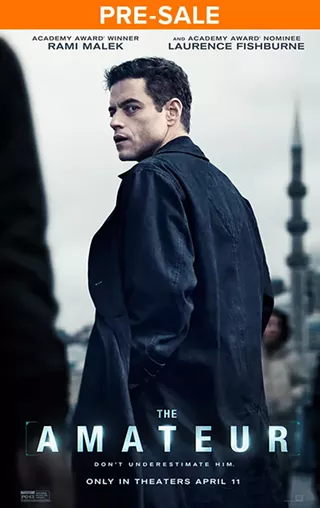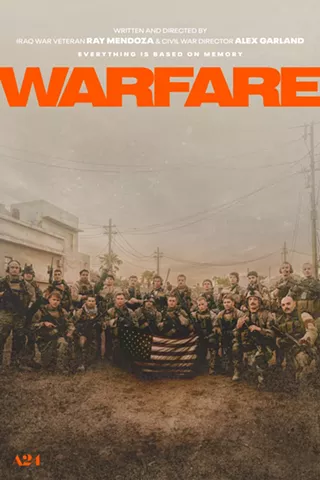So on minimal budgets, movies like Sideways, Friends With Money and now Little Miss Sunshine have provided some respite for those who want to laugh without kowtowing to the same audience that made Larry the Cable Guy America's biggest comedy star since Jimmy Carter.
Sunshine, though, goes a step beyond by not only being subtle, funny and well-acted, but also confident enough in its audience that it doesn't feel the need to explain the occasional reference to Remembrance of Things Past.
Steve Carell sort of stars in this ensemble film, playing the self-described "No. 1 Proust Scholar in America," who is, at the beginning of the movie, sitting in a hospital room after attempting suicide. He is taken by his sister (Toni Collette) to her dysfunctional home in Albuquerque, N.M., where he must stay with his silent, Nietzsche-obsessed nephew (Paul Dano) and his self-help-guru brother-in-law (Greg Kinnear).
While there, his tubby, nerdy, 10-year-old niece learns that she has been selected to compete in the titular "Little Miss Sunshine" beauty pageant. The family, including their heroin-snorting grandpa (Alan Arkin), load themselves into a defective Volkswagen van and begin the two-day drive to Redondo Beach, Calif., where young girls will pimp themselves out like blow-up sex toys for the amusement of their perverted parents and a few well-meaning pedophiles.
Strangely, all does not go as planned, and a series of humorous episodes unfold. All of this is the stuff of your average ABC Afterschool Special (Mom, Grandpa's on Smack Again! and the popular Why Does Uncle Frank Like to Make Adult Sex With Other Men? come to mind), but directors Jonathon Dayton and Valerie Faris and writer Michael Arndt one-up the average TV drama with their incredibly wry script and smart casting.
Kinnear is perfect as Richard, the father of the family and a self-absorbed wannabe who is trying to sell a book on his nine-step method to personal success and the destruction of the human soul. Everything out of his mouth sounds like it was cribbed from things that Tony Robbins said in his sleep. He divides the world up into winners and losers, valuing only the former and apparently unable to realize that he's the latter.
He and his brother-in-law Frank (Carell) are polar opposites, and some of the best comic material comes from their interactions. While Frank is subtly sarcastic, Richard shouts about how "sarcasm is the tool that losers use to pull winners down to their level." The best thing about the comedy is that it's not funny as written; it's funny as played, requiring both Carell and Kinnear to produce exactly the intonation needed to make it work.
Of course, they both do. Carell is one of America's great comic talents, and his range is amazing. The characters he plays here, in The 40 Year Old Virgin and on TV's The Office could all be from different comedy planets, and each one is among the best of their genres.
Arkin is both the grandfather of the family and a grandfather of this style of comedy, having honed it in a period when farting was not yet considered the sine qua non of political commentary. Collette plays the straight woman to the men, and she's as good as she always is.
The young actors are also surprisingly excellent. Especially notable is 10-year-old Abigail Breslin as Olive. She's so weird and funny, it's like watching Phyllis Diller as a special-needs grade-schooler.
Breslin steals the show in the end during the beauty-pageant sequence. This is easily one of the most disturbing things put on film since the Abu Ghraib photos: 11 little girls, airbrushed into freakish parodies of Bratz dolls, perform horrifyingly sexualized catwalks on a glittery stage. Only Olive's act seems like the work of a child and not that of a pederast who works in the child sex-slave department of Extreme Makeover: JonBenet Edition.
While Little Miss Sunshine is loaded with laser-guided missiles of social commentary, it's also terribly human. The family-togetherness moments don't seem tacked on. By evolving naturally out of the script, they're effective and even moving, something that's just not possible with the broader comedic stylings that are so prevalent in Hollywood films.
I hope there's an audience for Little Miss Sunshine, because if there is, it would mean America is not the parody of unironic mouth-breathing that the rest of the world is beginning to think it is. In fact, I think it's a patriotic act to support this kind of cinema. So why not show the snooty Europeans that we're not just about bad-touching frumpy chancellors and losing at soccer by buying a ticket for a film that demonstrates that we can laugh at ourselves more deeply, and with greater honesty, than others can laugh at us?

